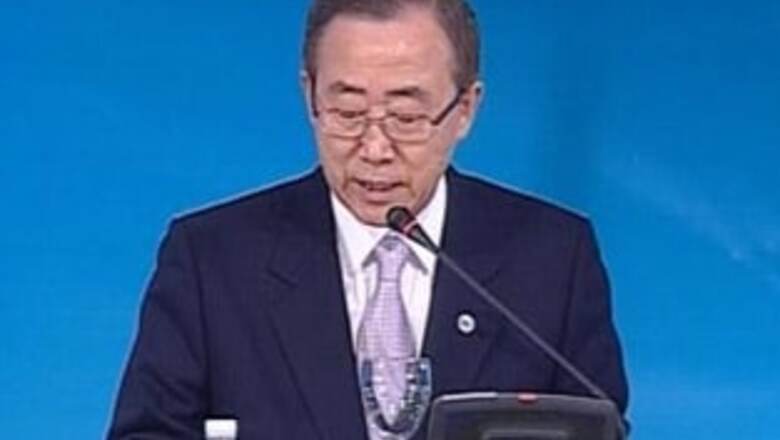
views
New York: The UN Security Council ended Wednesday's closed-door discussion on seeking a ceasefire in the conflict in Gaza Strip without an agreement on how to move forward.
The 15-member council was unable to decide whether to issue a statement or take a vote on a more formal Arab-backed draft resolution.
The discussion will continue as differences divide the two sides, on one side the United States, France and Britain, which are the council's three permanent members with veto power, versus Arab governments represented by the Arab League.
"We have two texts now in the council," said French Ambassador Jean-Maurice Ripert, the council president. "There is no unanimity today on either of those texts because we want to go further for a common approach. We have decided to continue our talks and negotiations."
The draft resolution from the Arabs condemns only Israel in the conflict and has been rejected by the United States in particular.
The draft statement backed by the US, France and Britain emphasizes a "durable ceasefire" that would require arrangements and guarantees for its implementation, including the prevention of the illegal weapons trade and the reopening of crossing points into Gaza.
It calls for immediate and full humanitarian access by the Palestinians to food, fuel and medical treatment and insists that there is "no military solution to the Israeli-Palestinian conflict."
The draft resolution submitted by the Arab League seeks an "immediate and permanent ceasefire in Gaza Strip with a cessation of all military and violence ... and the immediate withdrawal of Israeli forces" from Gaza.
It calls on Israel to lift the blockade of Gaza and calls for the sustained opening of crossings, including the Rafah crossing. It also calls for the deployment of an international observer force to monitor the implementation of the ceasefire and ensure the protection and safety of Palestinian civilians.
While the Arab states were negotiating with the Western powers on the council Wednesday, a UN official said the search for a sustainable Israel-Hamas ceasefire in the Gaza Strip was emerging as countries engaged in resolving the conflict were reaching a consensus.
"It seems that the elements for a way out of this crisis are emerging, but more work needs to be done quickly to flesh out a package and secure a buy-in of the crucial players," Robert Serry, the UN coordinator for the Middle East peace process said at UN headquarters in New York.
UN Secretary General Ban Ki-moon was hoping for a ceasefire to be declared before he begins a trip to several Middle East nations on Monday, Serry said.
Ban announced that he will visit Israel, the Palestinian territories and several Arab capitals. The week-long trip will help him gain first-hand information on the Gaza crisis.
Serry said the elements of the ceasefire include a "viable mechanism" for monitoring the reopening of crossings into Gaza and strong support for international monitors, a "massive" humanitarian plan to reconstruct Gaza and a new dialogue to reach a political settlement.
"Bandage solutions" for the Israeli-Palestinian conflict are unacceptable, the UN official said, reiterating that governments have been demanding that the Palestinian Authority, under President Mahmoud Abbas, regains control of Gaza and that Gaza be reunified with the West Bank.
The Jordanian mission to the UN said its foreign minister, Salaheddin al-Bashir, and other Arab foreign ministers met with Rice, Kouchner and British Foreign Minister David Milliband to go over their different approaches to the Israel-Hamas conflict. The mission said the Arab foreign ministers met with Rice to stress the importance of a non-military solution to the conflict.
The mission said al-Bashir and other Arab ministers did not accept the statement and pressed ahead for a UN Security Council resolution that enforces an immediate ceasefire.
For the draft statement, or presidential statement, to be issued all 15 council members must agree on its contents.
The Arab draft resolution was sponsored by Libya, which is one of the 15 council members and refuses to back down. The council may decide to adopt it with a majority of nine votes unless one of the five permanent members vetoes it.












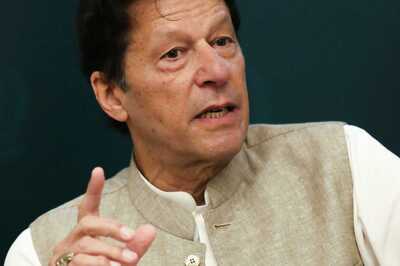
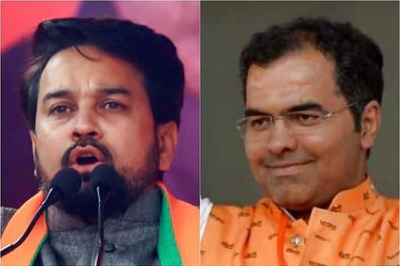
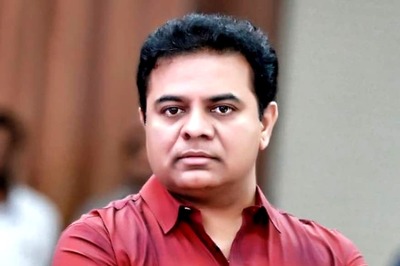
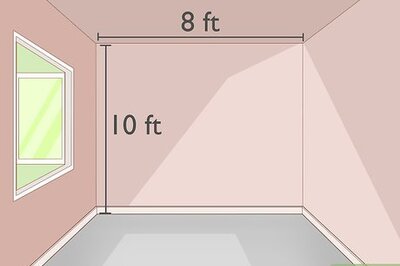
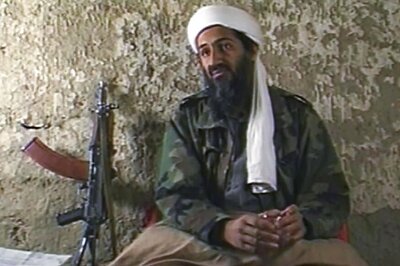
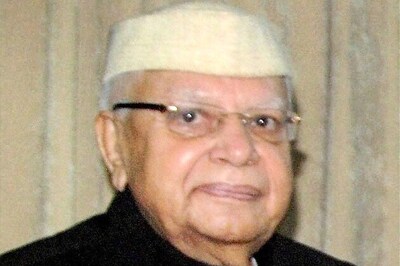


Comments
0 comment